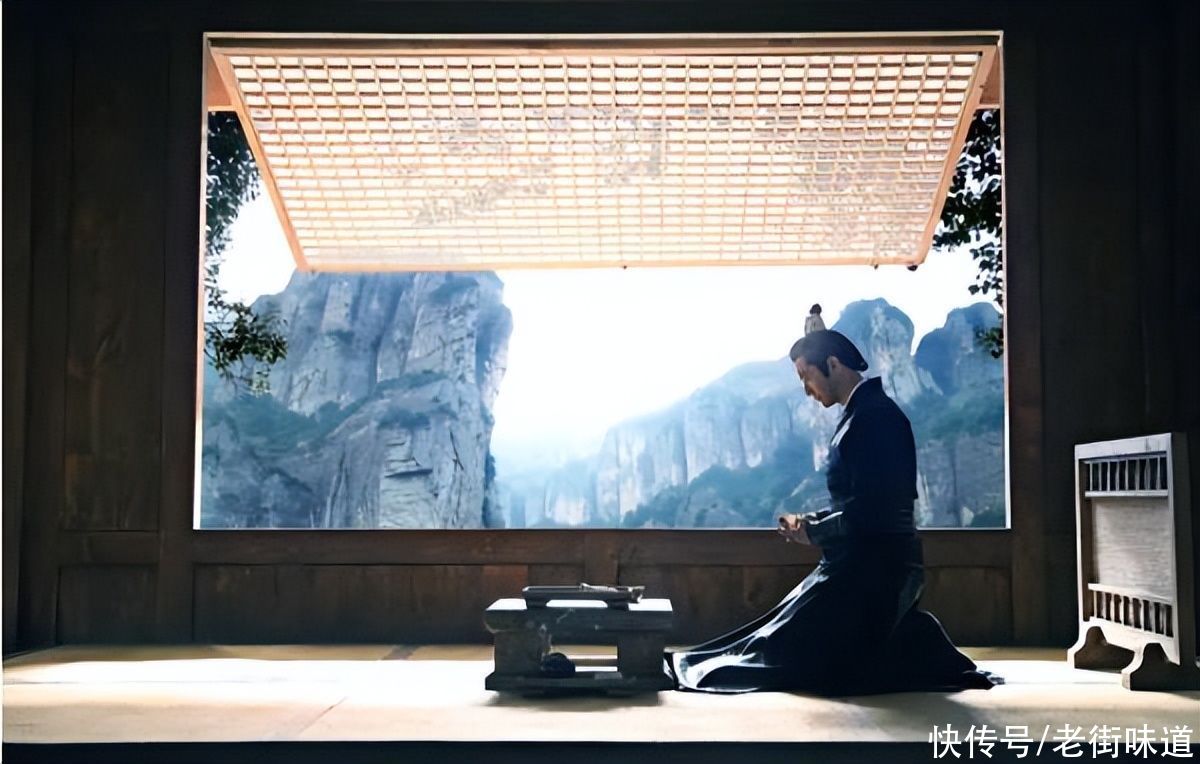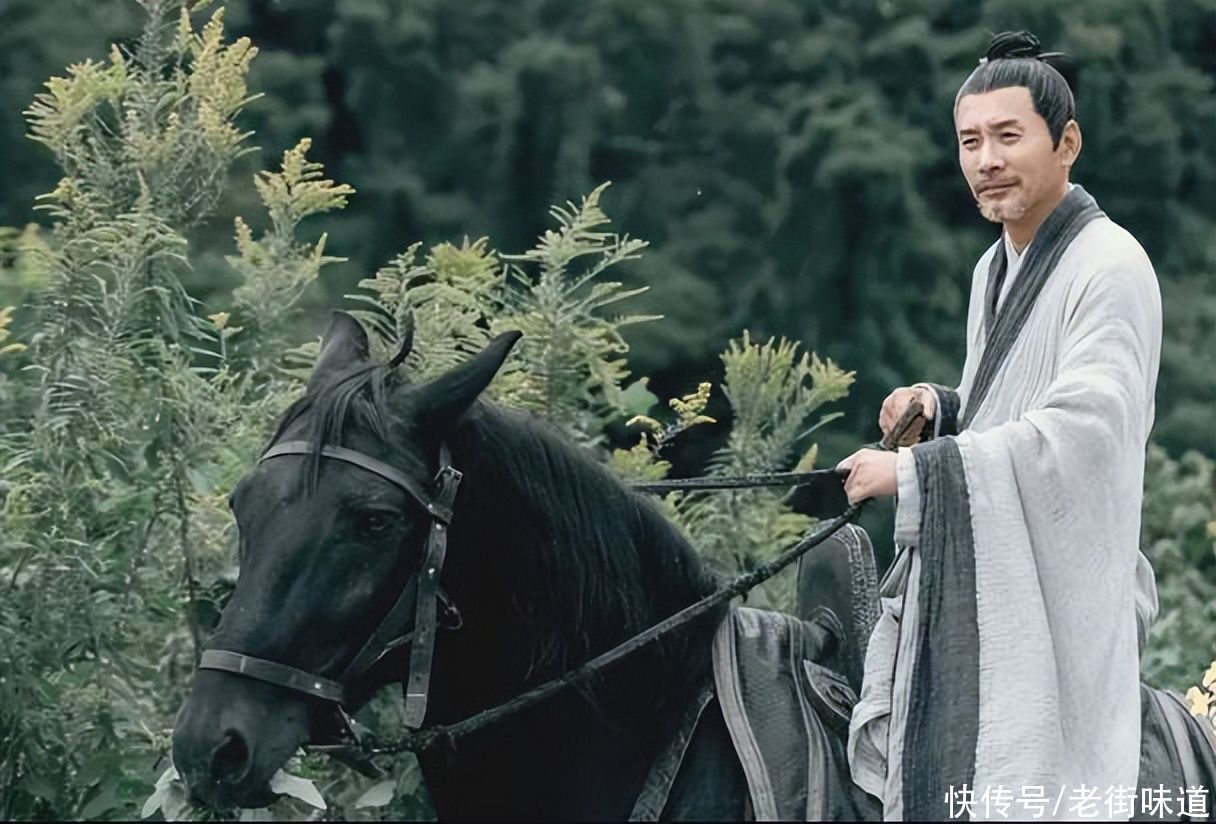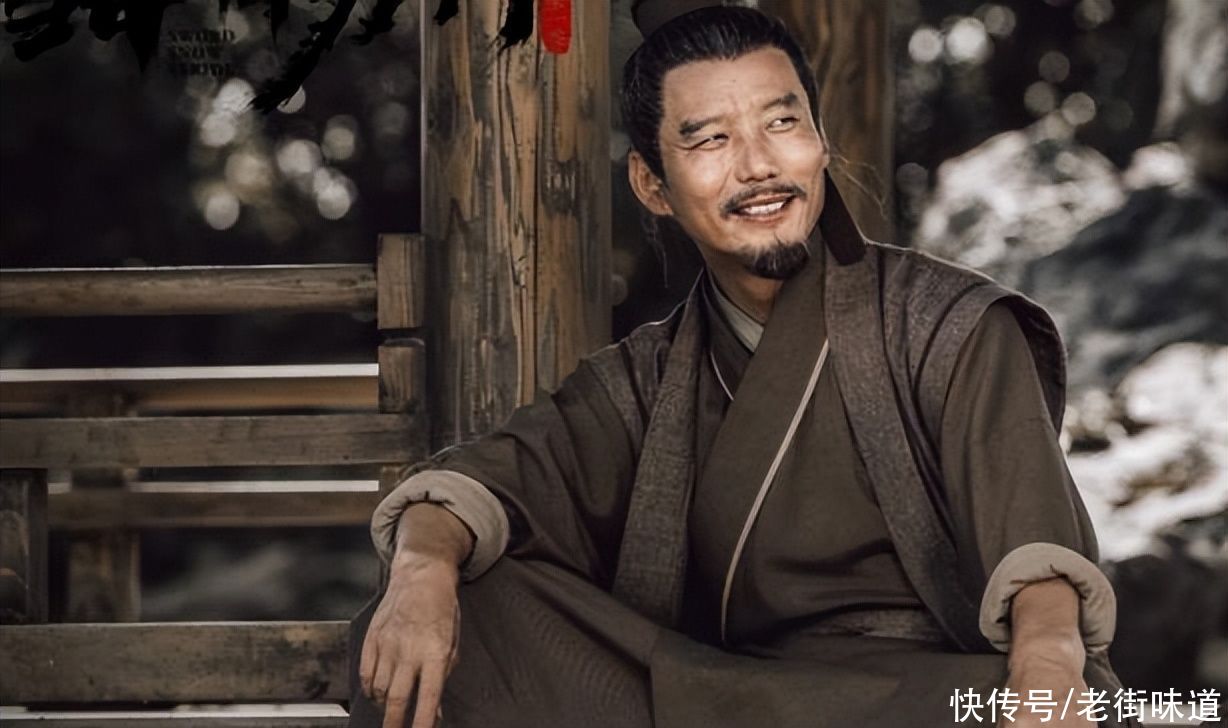內容目錄
Foreword
When writing poems about things, I often feel that I can’t write. It seems that there is not much content to write. At this time, we must learn to use the contrast or contrast method.
We observe some ancient poems chanting objects, and we will find that there are direct and positive descriptions when chanting objects, and many people have taken side-by-side contrasts or contrasts.
Through the study of these ancient poems, one can appreciate the way of describing the scenery in the works of the ancients.

First, Yong Yu’s Tang poetry, contrast and positive description
Read Mr. Jiang Shaoyu “Language of Tang Poetry”, when he mentioned the contrast, he cited the four poems of Yu Yu Tang poems by Du Fu, Li Shangyin and others as examples. Here are two of them.
Everyone is familiar with Du Fu’s “Spring Night Joyful Rain”:
A good rain knows the season, when spring happens.
Sneak into the night with the wind, moisturizing things silently.
The wild trails and clouds are all black, and the rivers, ships and fires are unique.
Xiao look at the red and wet place, and spend heavy brocade on the official city.
The first four sentences are positive descriptions, good rain knows when it will fall, so it rains in spring. The couplet omits the subject, (rain) sneaks into the night with the wind, and (rain) moistens things silently.
When Jiang Shaoyu commented on this poem, he pointed out that the last sentence is a contrast:Hua Zhongjin Guancheng. Explain that it rained yesterday by writing low-hanging flowers.
This poem by Wei Yingwu is also a masterpiece of Tang poems, “Fu in the Evening Rain to Send Li Zhou”:
In the light rain of the Chu River, Jianye is at dusk.
Momo sails are heavy, but the dark birds are late.
The sea gate is far away, and the Pushu is far away.
The love for each other is infinite.
Wei Yingwu’s poem, the first couplet mentioned rain, but the rain is not written directly, but the scenery seen in the rain. These scenes are all affected by rain, and the changes of these scenes reflect the existence of rain.
Momo sails come heavy, but Mingmingbirds go late. The sea gate is far away, and Pushu is far away. Because of the rain, the sails seemed to be heavy, the birds flew slowly, the distance was gray and hard to see, and the trees along the river looked wet.

Second, Song Poetry, Frontal Description and Contrast
Mr. In the section of Poetry Examples, Writing, Chanting Things, he cites Jiang Kui’s poems on crickets and Shi Dazu’s poems on swallows.
Let’s take a look at Shi Dazu’s “Shuangshuangyan” first:
It’s been a while since the Spring Club, in the middle of the curtain, last year was cold. If you want to live in the poor pool, try to enter the old nest and merge. Also carved beam caisson. Soft language, negotiable. Fei Ran quickly brushed the fancy flowers, and the green tail separated the red shadow.
Fragrant Path. Celery mud rains. Love sticking to the ground to fly, competing to boast Qingjun. The red mansion is late, and the willows are dimly lit. It should be self-perpetuating incense is stable. I forgot, Tianya Fangxin. Worrying about the damage to the Cuidai double moth, the daily painting is alone.
This word, except for the last two sentences, all describe swallows from the front. At the end of the two sentences, the swallow, who forgot to deliver the letter, flew around freely, making the woman who was alone in the empty building even more lonely and depressed. This is a contrast.
Jiang Kui’s “Music in the Sky”, although it is a song about crickets, it is mostly written by those who listen to crickets:
Yu Lang first recited his sorrowful poems, and the sadness is even more heard. Whisper. Wet copper shops and moss invading stone wells are all places where I heard Yi. Mourning like a complaint. The woman who is thinking about her sleeplessness, gets up and looks for an opportunity. Ququ Pingshan, Ye Liang is very emotional alone?
The west window is blowing dark rain again. Why is it intermittent, phase and anvil? Waiting for the hall to welcome the autumn, leaving the palace to hang the moon, don’t be sad. Bin Shi Man and. Laughing fences and calling lights, children of the world. Written in the strings, the sound is even more bitter.
Jiang Kui does not write crickets from the front, but starts from the listener: Qi Qi has even heard whispers, all of whom have heard Yi Chu… : It sounds like a complaint.
In the back, the description of the scenery is used to highlight this kind of mourning sound: the west window is blowing dark rain again, waiting for the hall to welcome autumn, leaving the palace to hang the moon….
At the end , wrote the happiness of the children of the world to contrast this sorrow.

Three, give water, before and after water
The “Ciyuan” by Xu Yi in the Qing Dynasty When referring to Shi Dazu’s “Shuangshuangyan” and Jiang Kui’s “Qingtianle” in Cong Tan, he commented:
If Shi Bangqing Yongyan is almost as good as in body and spirit, then Jiang Kui Shiraishi Wings Crickets… The carvings also work. Crickets have nothing to say. As far as listening to crickets is concerned, it is exactly what Yao Xuan said: when giving water, it is not only water, but water is before and after.
Yao Xuan is a native of the Song Dynasty. Regarding Yongwu, his point of view is that Yongwu should not only write about the object itself, but also other objects related to it.
The front, back, left and right of words can play a role in setting off or contrasting “water”. In addition, there is a main role, that is, you can add more content and ideas to it.

Concluding remarks
Contrasting from the opposite side, such as Jiang Kui and Shi Dazu’s two poems At the end, the contrast method is used.
In the poems, there is often a scene in the situation, and there is emotion in the scene. The benefits of using contrast, Wang Fuzhi’s “Jiangzhai Poetry” once said: “Write sadness with happy scenes, write music with sad scenes, and double the sadness and happiness.”
Simply said When it comes to describing the scenery, remembering Yao Xuan’s words “before and after the words”, it is not difficult to write.
@Old Street Flavor
The tea and smoke in the monastery’s house is wet, what is missing in Zheng Gu’s masterpiece of singing snow? Why was Su Shi satirized